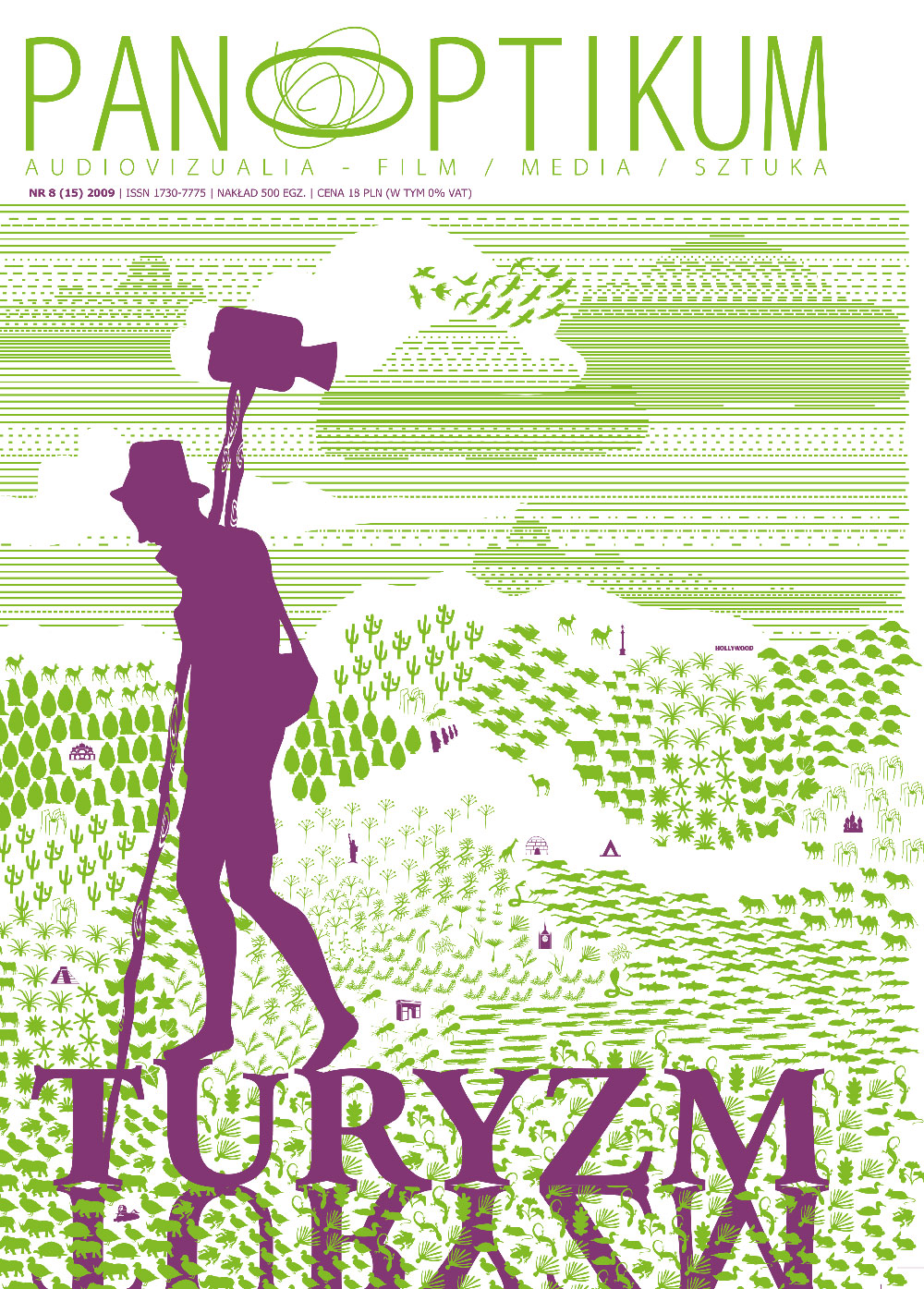On the trail of cannibals and entrapment in metonymy of anatomist or Anna Wieczorkiewicz's Appetite tourist
Abstract
„You can try to conceive the phenomenon of contemporary tourism in various ways, although I do not intend to enclose it in one definition.” (p. 7) – explains Anna Wieczorkiewicz in introduction to her new book. After the reading of “Apetyt turysty. O doświadczeniu świata w podróży”, which refers to a wide range of the latest anthropological theories, and treats all contemporary phenomena of tourism, one can resume that every explicit and univocal estimation of tourism appears to be a pure naivety. What is most important in this research is that the author does not evaluate or estimate univocally any mode o life or experiencing. As she states in the introduction, she does not aim to “explain”, but to “understand” the contemporary phenomena of tourism by applying different, suitable anthropological methods. This is why this book can be perceived as an itinerary on the latest theoretical grasps on this phenomenon, and the variety of anthropological and philosophical methods applied to it. The author claims that the pivotal ideas which this book concerns are “the desire of authenticity” and “the culture of representation”. However, equally important appears to be the depiction of anti-oculocentric modes of perception, that are determining the latest trends of mass tourism. The presentation of varied prospects and adverts in this book shows that nowadays the perception of an average tourists seeking authenticity becomes more corporal and putts a great emphasis on the sense of taste, touch and smell. Corporality is exactly what contemporary tourist tries to get back by giving his body in the hands of Thai masseuse or by devouring Icelandic titbits of fried seal tail. The most interesting seems to be the last (but not least) essay in this book, where Anna Wieczorkiewicz presents her new ideas on the metonymies of Anatomist and Cannibal and conceives new prospects on the primal and irreducible conditions of Western culture. This essay creates new philosophical background which I hope will find a development in another book by Wiczorkiewicz. The metonymy of Anatomist refers to the first book by this author, “Muzeum ludzkich ciał”, where she made a research on western subjectivity as determined by Descartes. Cartesian subject acts isolated from the world and its corporality, analyzing and dividing the object of the research until its death or destruction. This figure of Anatomist is pivotal for the culture of renaissance and depicts primal condition of European epistemology, art and science. The metonymy of Cannibal is nothing but another side of the same mode of subjectivity, however, occurring rather in mass culture than in scientific approach. These both metonymies are derived by Wieczorkiewicz from corporal rituals: the renaissance ritual of dissection of dead body, and the ritual of postmodern tourist tasting the authentic life of inhabitants.

 Academic Scientific Journals
Academic Scientific Journals





